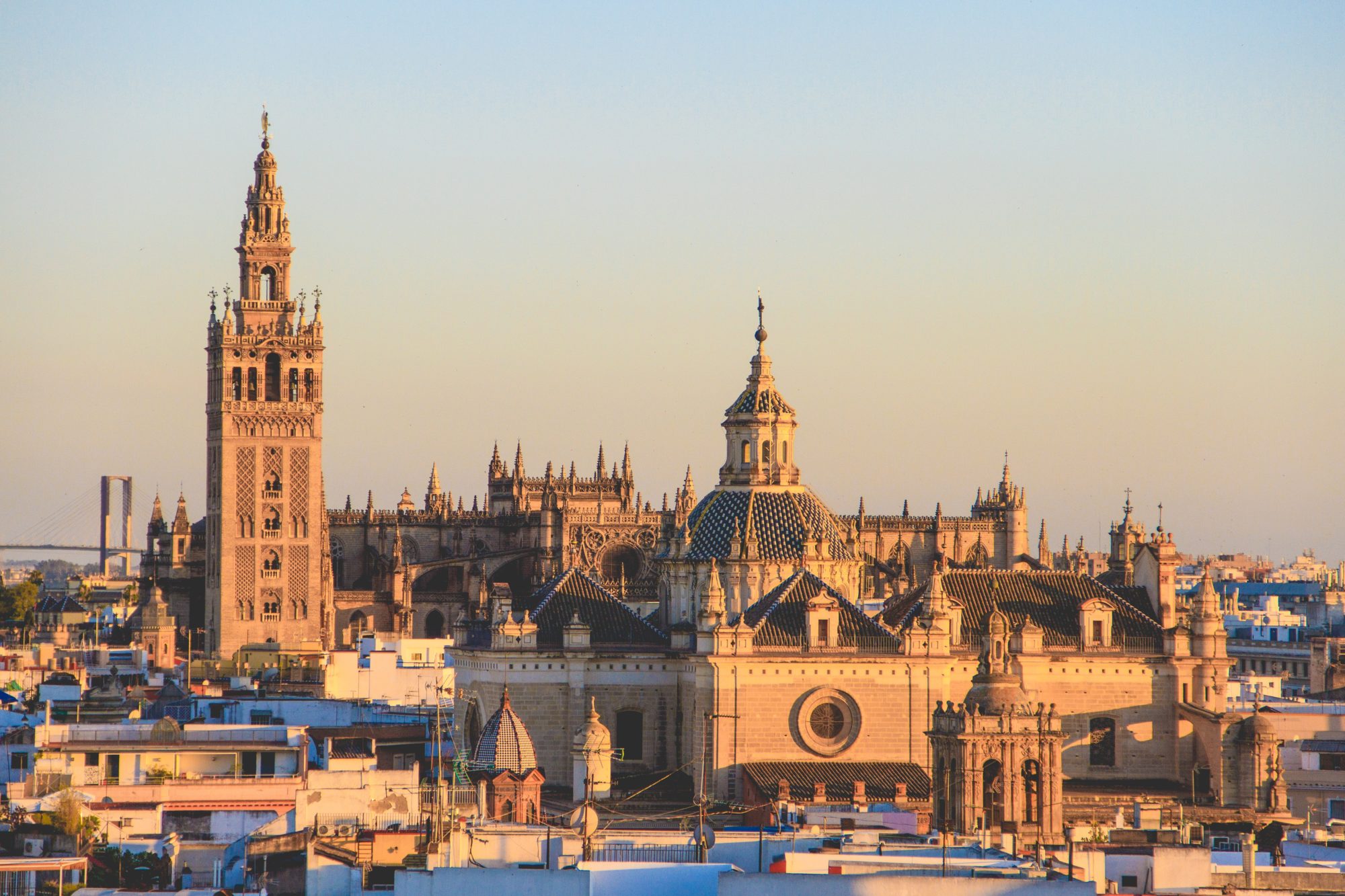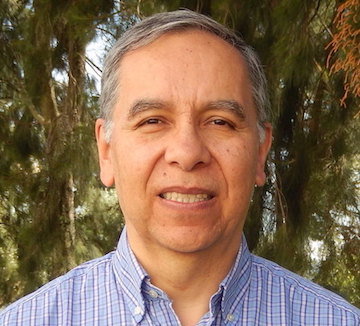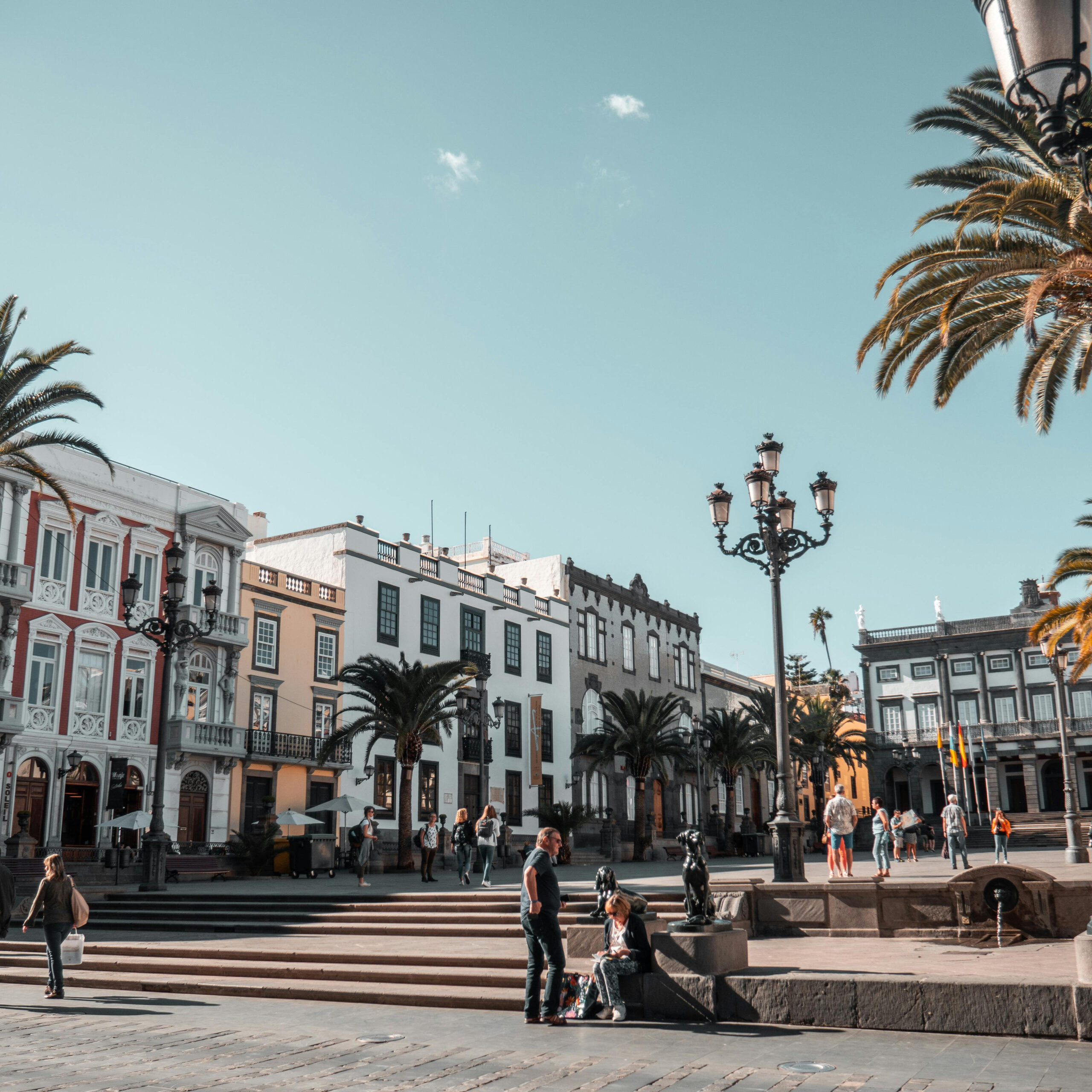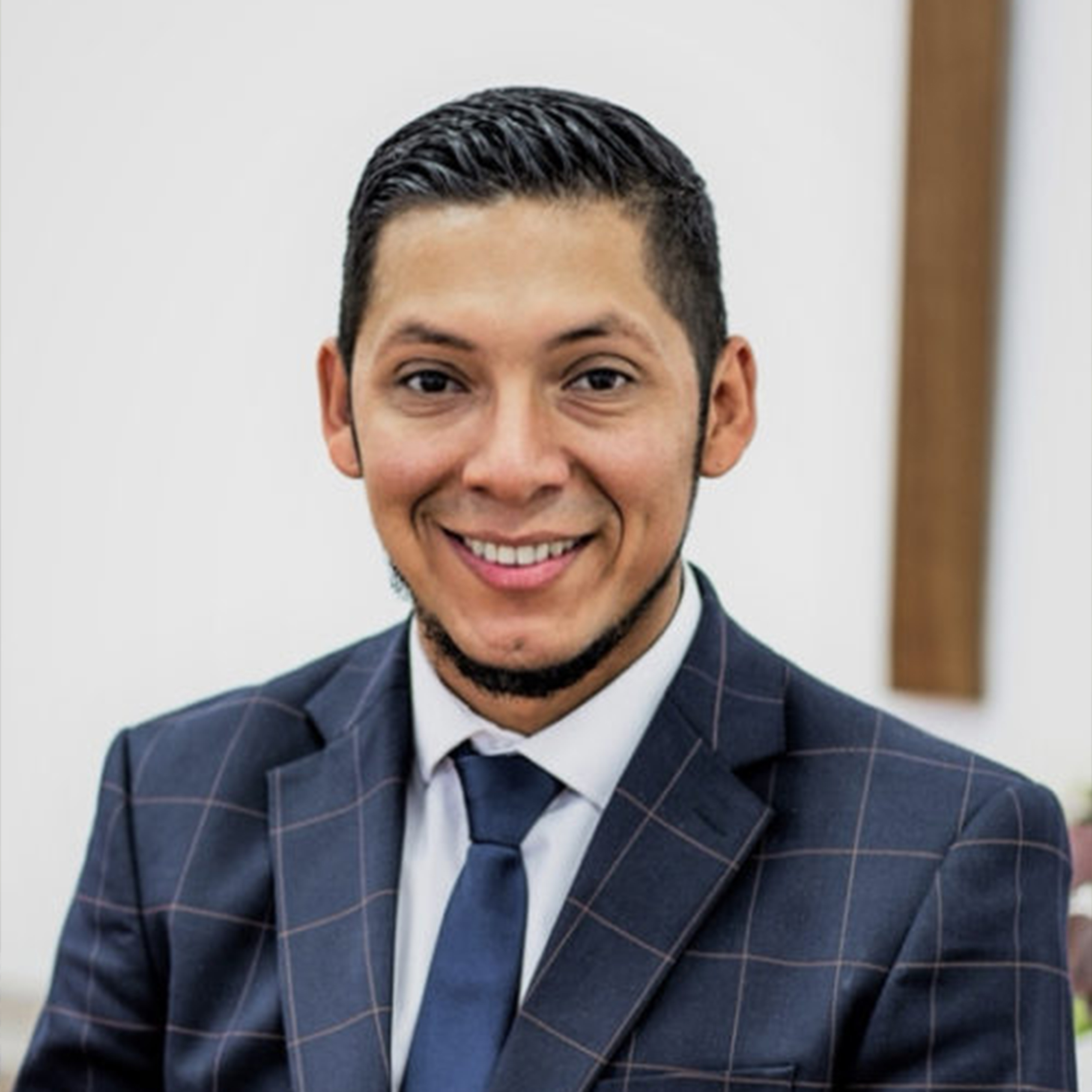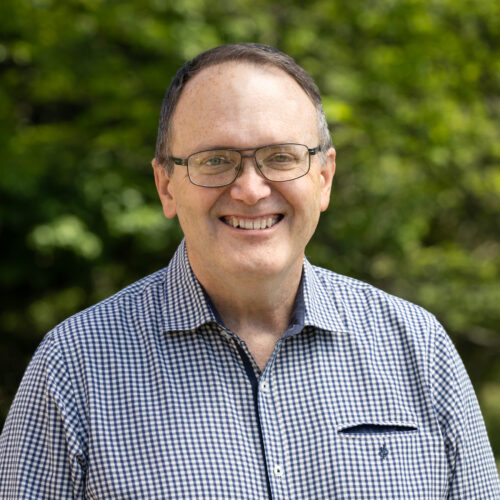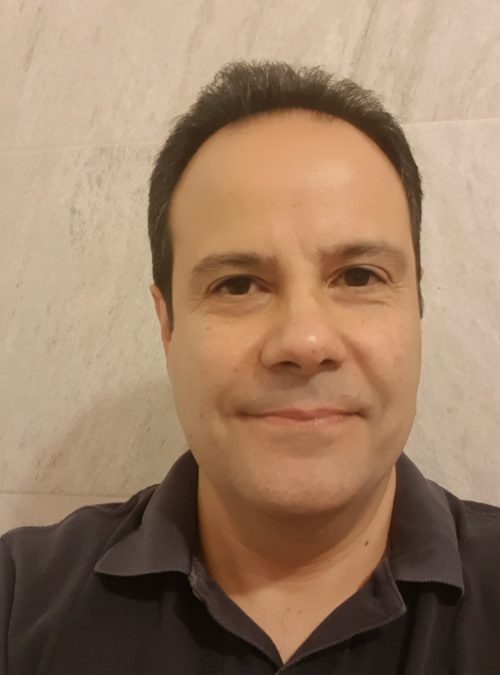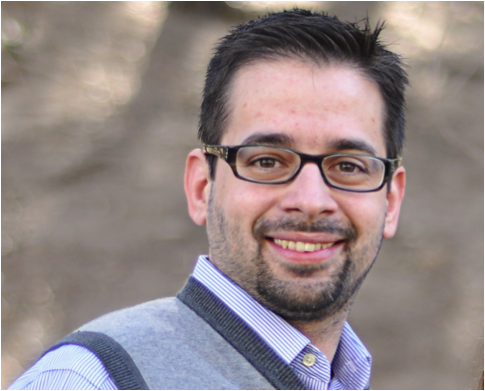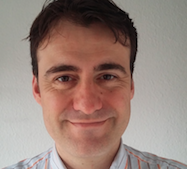The country of Spain covers an area of 313,658 square miles (504,783 sq. km.), about twice the size of the state of Oregon. It is located on the Iberian Peninsula in southern Europe. It is bordered by Portugal and the Atlantic Ocean to the west, France, Andorra, and the Bay of Biscay to the north, and the Mediterranean Sea to the East and South. In addition to the mainland, Spain also encompasses the Canary Islands off of northwest Africa in the Atlantic Ocean and the enclaves of Ceuta and Melilla on the North African coast.
Spain has a current population of approximately 48 million inhabitants, making it the 28th most populated country in the world. The capital city Madrid has a population of 5.85 million people. Other major cities are Barcelona (5.1 million), Valencia (814,000), Sevilla (773,000), and Zaragoza (694,000). The major languages that are spoken in Spain are Spanish, Catalán, Galician, and Basque.
Spain was ruled by military dictator Francisco Franco from 1939 to his death in 1975. In 1978, Spain adopted a parliamentary constitutional monarchy with a multi-party democracy. With seventeen autonomous states and two autonomous cities, Spain is one of the most decentralized countries in Europe. It has the fifth largest economy on the European continent and ranks in the top ten for quality of life worldwide.
Under Franco’s dictatorship, Evangelicals faced varying degrees of discrimination and persecution for not complying with the state religion—Roman Catholicism. However, at the formation of the new constitution (1978), Catholicism lost its place and power as the state religion; non-Catholics were granted freedom of worship. Although Spain’s newfound freedom of religion has had many positive results, it has also led to the rapid secularization of Spain, leading to a moral and spiritual crisis. Only fourteen percent of the younger generation now describe themselves as religious.
The newfound freedoms for evangelicals have had both positive and negative effects. Positively, the Evangelical church has been responsive in reaching out in evangelism, and there has been numerical growth. Negatively, a superficial gospel, fleshly church-growth models, and the easy-believism from the United States and other western countries have led to an increase in carnality, worldliness, and pragmatism in the church.
Of the 8,112 municipalities in Spain, only 650 have an Evangelical church. There are 345 cities and towns of over 5,000 inhabitants that have no evangelical witness. The evangelical grow that has occurred in recent years is largely due to the influx of immigrants from Latin America, Romania, and Africa. This has led many Spaniards to view the evangelical faith as a foreign religion. Although the need is great throughout Spain and its various people groups, those most in need are Basques, Muslims, Chinese, university students, and drug addicts (Spain has one of the highest rates of drug addiction in all of Europe).
Sources: Wikipedia – Spain; Operation World – Spain

